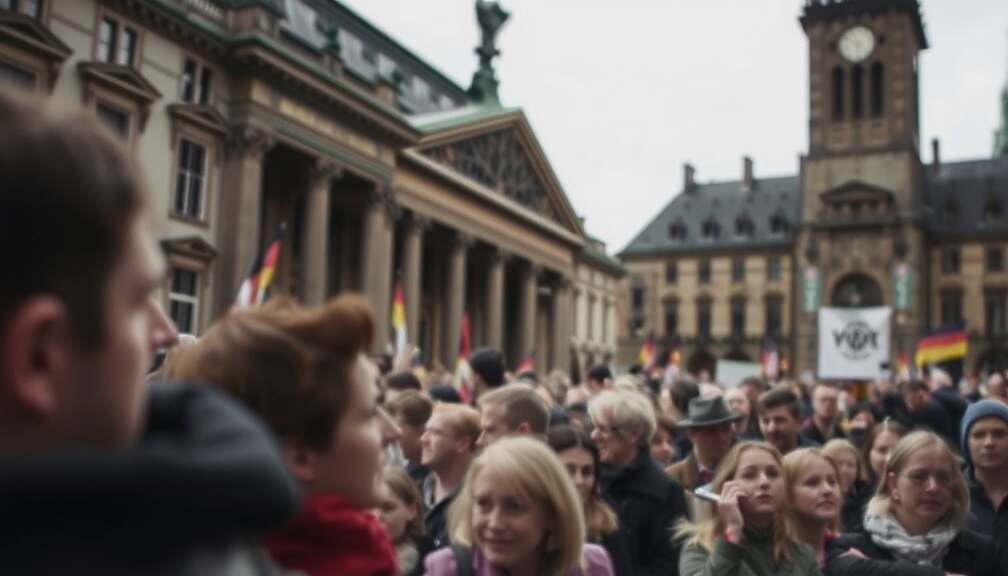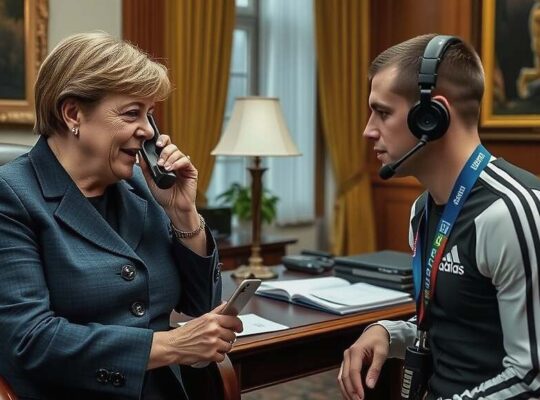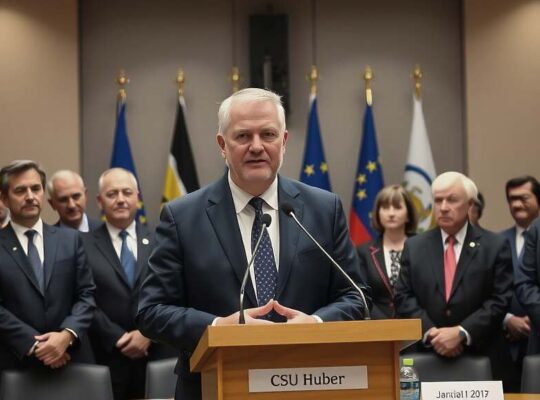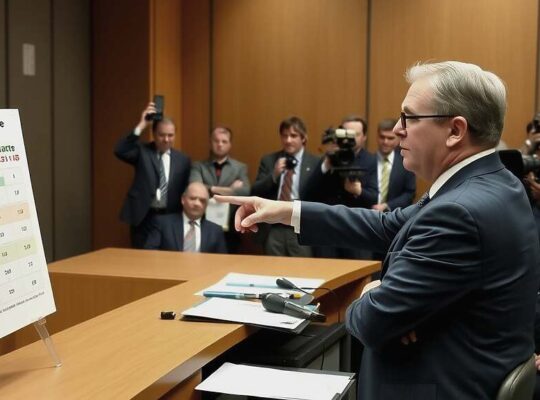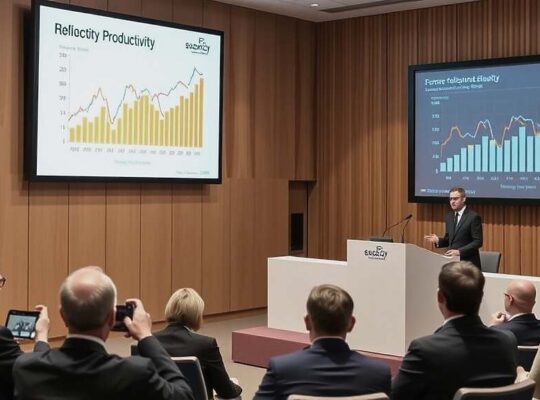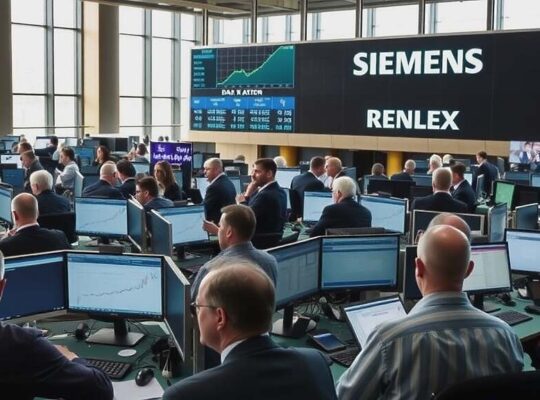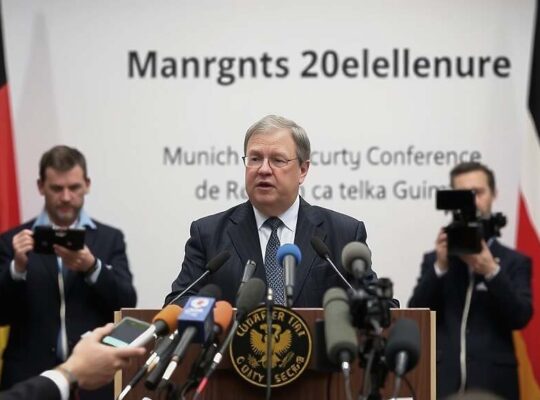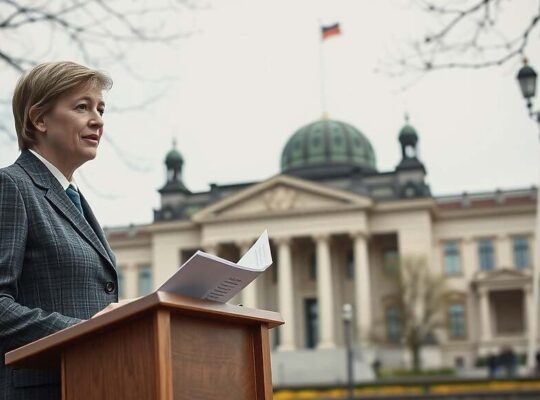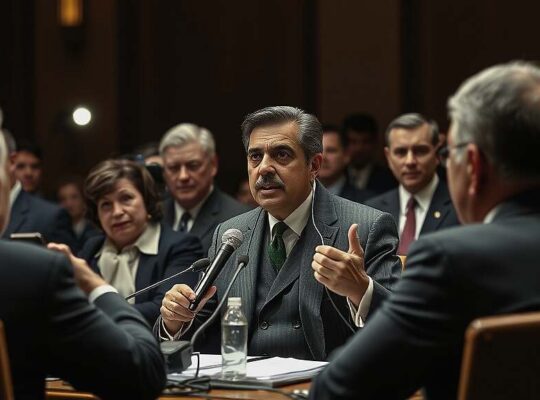The recent Munich citizen vote in favor of a bid for the 2036, 2040, or 2044 Olympic Summer Games is being interpreted by North Rhine-Westphalia’s Minister-President Hendrik Wüst as a national signal, prompting renewed momentum for his state’s own Olympic aspirations. Wüst, of the CDU, framed the Munich result as evidence of a broader German appetite for hosting the Games, particularly emphasizing North Rhine-Westphalia’s suitability given its purported status as “Germany’s number one sports state” according to recent polling data.
While expressing enthusiasm for a “fair competition” regarding bid submissions, Wüst’s pronouncements subtly underscore a potential power dynamic within German Olympic politics. The decision by the German Olympic Sports Confederation (DOSB) to clarify the further process, expected to culminate in a decision next year, further fuels this anticipation.
However, the exuberance merits critical examination. The Munich vote, while demonstrating citizen support, was preceded by significant debate regarding the economic and social implications of an Olympic bid. The 42% turnout, though higher than previous Munich votes, still represents a sizable portion of the electorate abstaining-raising questions about the broader public consensus.
Furthermore, the projected image of North Rhine-Westphalia as a “compact” and enthusiastic host, capable of fostering “spectacular sports venues” and “new spectator records” requires rigorous scrutiny. Previous experiences with large-scale sporting events in Germany have highlighted the risks of cost overruns, legacy issues and potential displacement of communities, realities that need to be proactively addressed rather than glossed over in promotional rhetoric. The question remains whether the promise of a thriving “Olympic festival” will outweigh the potential for substantial financial burden and long-term infrastructural challenges for North Rhine-Westphalia and its residents.


